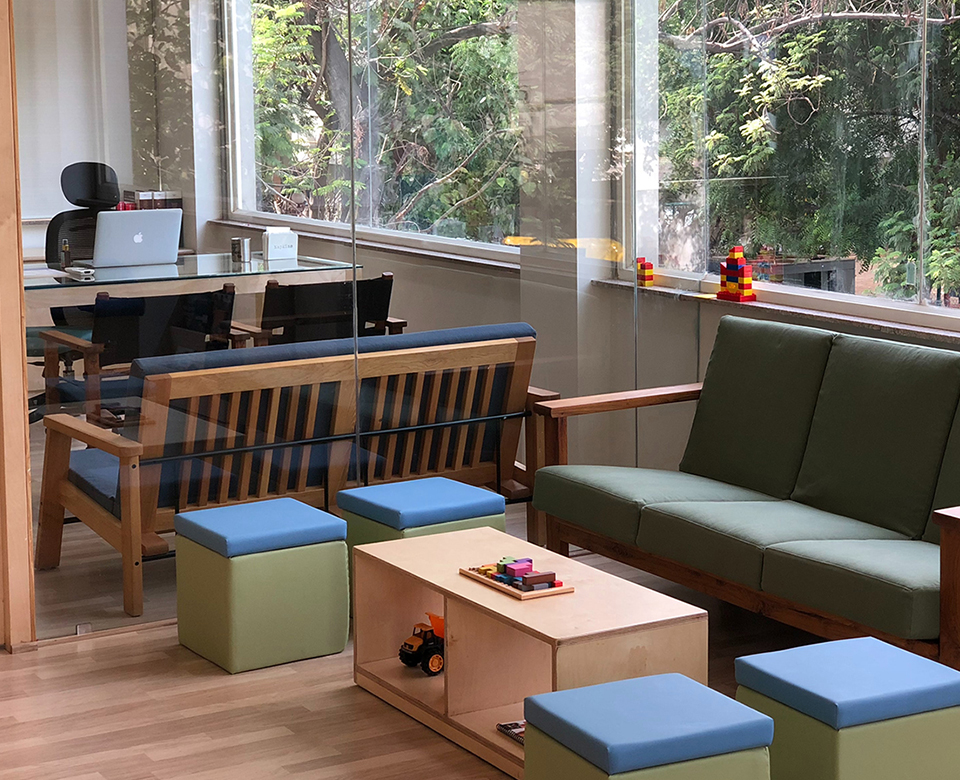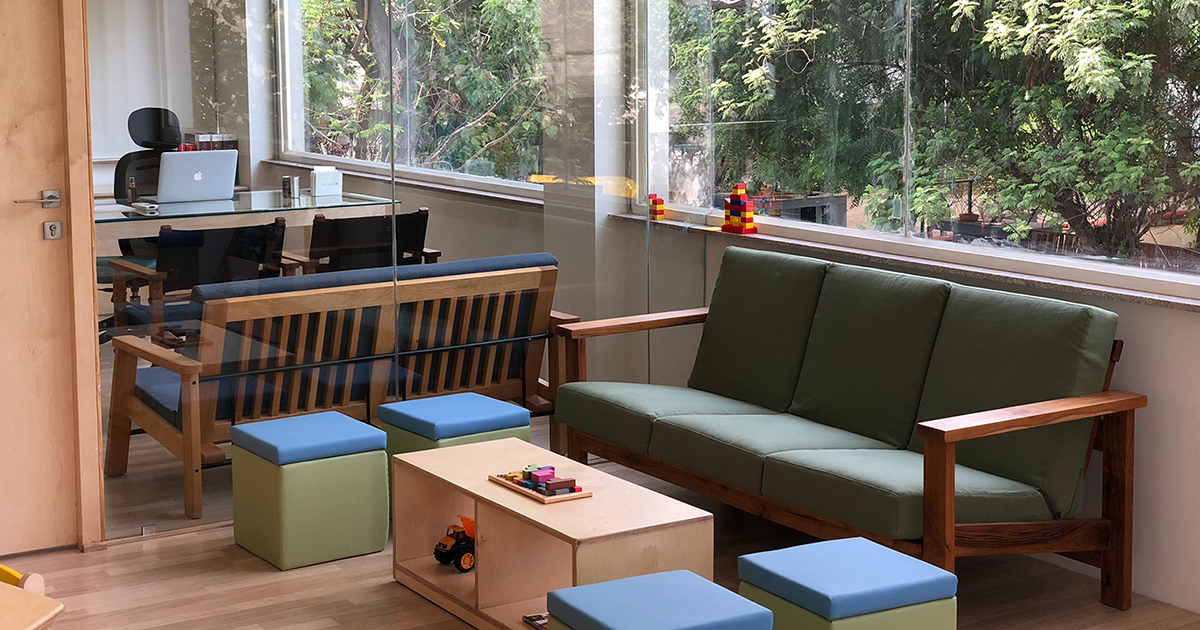Your surgery premises are very different from ‘ordinary’ commercial buildings like shops and offices, which is why specialist legal advice is so important.
We understand how the building usually forms part of partnership capital, and the importance of the NHS Premises Costs Directions and the rent reimbursement/notional rent. We have developed industry leading documentation to protect the property owners and their income stream.
We have acted for 1000s of practices to document surgery ownership, perform buy-ins/buy-outs, negotiate leases, assist with developments and surgery relocations, and deal with all manner of surgery related issues. You can read more about our experience and expertise in surgery developments below.
We have deep relationships with all the major lenders in healthcare as well as with specialist surveyors, accountants, developers and IFAs and architects. Our aim is always to work together in a team with you and your specialist advisers to deliver practical solutions in an efficient manner.
Whether your priority is protecting the practice from liabilities in an onerous lease, or protecting your investment in a freehold surgery, we have the expertise to assist. Only a specialist solicitor will understand how to fully link rent reimbursement to lease rental payments, and how to deal with eventualities such as the termination of your GMS/PMS contract.
We can help you with:
- surgery developments
- surgery leases (acting for landlord or tenant)
- property trust deeds (‘Declarations of Trust’)
- NHS funding agreements (like ETTF)
- partner buy-in and buy-outs, sales & purchases
- refinancing
- sale and leasebacks
- advice on notional rent and rent reimbursement
- service charge disputes
FAQs
- Why you need specialist advice for a surgery lease
- What happens to your share in the surgery premises when you retire?
- What is a declaration of trust document and do you need one?
- What is 'last man standing'?
- Disputed NHSPS service charges – what can be done?
- Why you need specialist advice for a surgery lease
A standard commercial lease for a shop or office is not going to work for a GP surgery. Any solicitor negotiating lease terms on your behalf needs to understand the Premises Costs Directions and its impact on notional rent or rent reimbursement. With the introduction of ICS’s and integrated care, your surgery lease needs to be flexible and allow for sub-letting and licensing and contemplate PCNs. Appropriate break-clauses need to be negotiated and thought given to the identity of the tenant.
Watch our v-blog to find out more.
- What happens to your share in the surgery premises when you retire?
How the surgery premises are dealt upon retirement depends on what is set out in the partnership deed and/or declaration of trust document. You may be bound to sell your share within a defined period, or you may be able to retain the premises (or your share in them) after retirement. Read our blogs for more information on how to protect what is probably your biggest business investment – the surgery building – upon retirement
Read more about protecting your investment and your options upon retirement
- What is a declaration of trust document and do you need one?
Assuming the surgery premises are a partnership asset, it is possible to include very minimal provisions in the partnership deed, but not recommended. Why? Some of the reasons are:
- if the partnership deed is not kept up to date, all the property provisions can fall away
- there are various tax optimisation opportunities which can be built into a declaration of trust
- the decision making, shareholding and valuation principles for the premises often differ from other partnership governance matters
- the building ownership is often a sub-set of the partners (or may indeed include retired partners) so the parties in the two documents are often different
- if you want to include overage or inheritance provisions these are complex clauses which do not sit comfortably in a partnership deed
A separate declaration of trust is by far the best way of protecting the property owners’ respective interests in the surgery premises.
- What is 'last man standing'?
This is reference to the concern that one or more partner(s) will be unable to retire from a GP practice when they want to, because they would not be able to release themselves from the various liabilities and obligations of the practice. Most commonly, last man standing problems are associated with surgery leases and mortgage redemption penalties.
You can read more about last man standing in our blog
- Disputed NHSPS service charges – what can be done?
The saga with NHS Property Services disputed service charges continues to rumble on with no end in sight. There is no ‘NHS exemption’ to paying service charges and we recommend that you engage with NHSPS if you haven’t already done so. The underlying problem is that every property is different and what you owe depends on the terms of your occupation. When these terms have not been written down, they must be inferred. Where service charges are payable, these must be reasonably incurred by the landlord. In our experience disputed NHSPS service charges can usually be negotiated, with large discounts achievable if you understand the strengths of your negotiating position.
You can read more in our blog
Related News
All the latest news, events, publications and videos.



